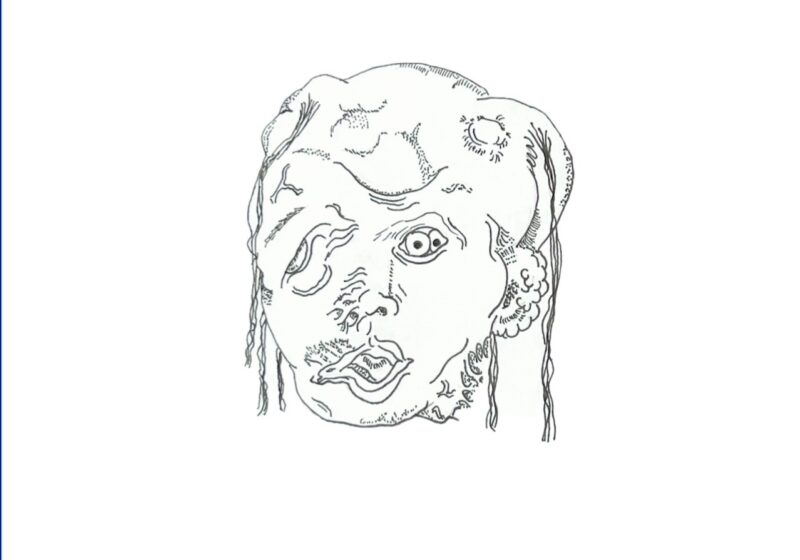University Health Service continues to combat and treat students suffering from influenza-like symptoms as UR awaits the arrival of H1N1 vaccines in the coming weeks.
‘We’re pretty confident that we have been seeing students who have H1N1,” University Health Service Director Ralph Manchester said. ‘It’s not in large numbers at this point, although [Tuesday] we had 11 students we thought had influenza like symptoms.”
Friday is the first day the University can start sending requests for H1N1 vaccines Manchester said that UHS would order 5,000 doses. He was hopeful that a portion of the request would come in sometime late next week, allowing for a potential H1N1 vaccine clinic to start in early November. However, Manchester cautioned that it might take longer than that.
The University has not seen a high number of influenza victims as compared to some universities that have had hundreds or thousands of cases. According to Manchester, the number of influenza cases on the River Campus is much higher this year than in previous years.
‘It was hard to predict how big of a range there was going to be, and we considered a range of possibilities, from there would be hardly any to there would be a large number of cases and we would have a lot of those students with severe illness,” he said. ‘Fortunately, we are so far toward the milder end of the spectrum.”
However, Manchester was quick to point out that it is only October and that normally there is no influenza on campus in October in previous years influenza-type symptoms don’t appear until the end of the Fall semester. Tuesday night there were 15 students confined to their rooms, while in the past there were much smaller numbers.
‘This is highly unusual,” he said.
With the expectation of higher than average fall flu numbers, UHS ordered 2,000 flu vaccines to be distributed earlier than usual at the beginning of the fall semester.
However, supply ran out by the beginning of October because of such high demand amongst the student body. They were able to succeed in securing 200 more, but they will be reserved for students with asthma, diabetes and other health conditions that put them at increased risk of complications.
Reasons for the flu vaccine shortage are twofold a decreased supply from manufacturers focused on the H1N1 vaccine and an increased request from students.
‘Last year we gave about 1,100 doses of flu vaccines to students over the course of the entire year,” he said. ‘And that was the most that we had ever given up to that time.”
Manchester did hope that the seasonal flu clinics would continue next semester as soon as more seasonal flu vaccines could be obtained.
Willis is a member of the class of 2011.



